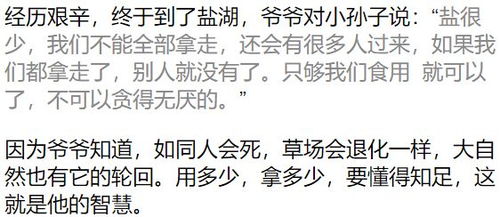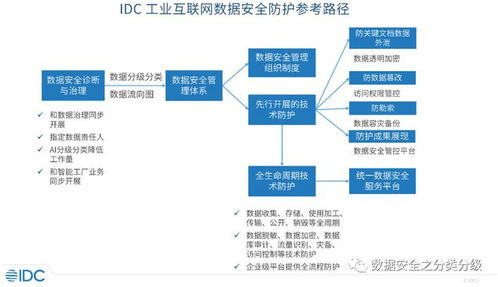Football Red Card: A Comprehensive Guide
The football red card is a significant symbol in the sport, representing a severe penalty for players who commit serious fouls or offenses. In this article, we will delve into the history, rules, and impact of the red card in football.
History of the Red Card

The concept of the red card dates back to the early 20th century. The first recorded use of a red card was in 1925 during a match between Sheffield United and Bolton Wanderers. The referee, William McGregor, decided to show a red card to Bolton Wanderers' player, Billy Meredith, for a serious foul. Since then, the red card has become a staple in football matches worldwide.
Rules and Regulations

According to the Laws of the Game, a red card is shown to a player when they commit any of the following offenses:
| Offense | Description |
|---|---|
| Red Card | Committing a serious foul or offense, such as violent conduct, spitting at an opponent, or using abusive language towards the referee. |
| Second Yellow Card | Receiving a second yellow card in the same match, which can result in a red card. |
| Direct Red Card | Committing certain offenses, such as denying a goal or an obvious goal-scoring opportunity, which can result in an automatic red card. |
When a player receives a red card, they are immediately sent off the field and cannot return to the match. Additionally, they may face disciplinary action from their club or football association, which can include fines, suspension, or even expulsion from the league.
Impact of the Red Card

The red card has a significant impact on both the player and the team. For the player, receiving a red card can be a career-ending offense, especially if it is a result of repeated offenses. For the team, losing a player to a red card can be devastating, as it reduces their playing strength and can lead to a defeat in the match.
Here are some of the key impacts of the red card:
Psychological impact: Receiving a red card can be a demoralizing experience for the player, affecting their confidence and performance in future matches.
Strategic impact: The team may have to adjust their tactics and formation without the player who was sent off, which can disrupt their game plan.
Disciplinary impact: The player may face fines, suspension, or expulsion from the league, depending on the severity of the offense and the club's disciplinary policy.
Notable Red Card Incidents
Over the years, there have been several notable red card incidents in football history. Here are a few examples:
John Terry - In a 2011 match against Queens Park Rangers, Terry was sent off for a violent tackle on Anton Ferdinand, resulting in a four-match suspension.
Andrei Arshavin - In a 2010 match against Tottenham Hotspur, Arshavin was sent off for spitting at Tottenham defender Younes Kaboul.
Diego Maradona - In the 1986 World Cup quarter-final against England, Maradona was sent off for a headbutt on England defender Peter Reid.
Conclusion
The football red card is a powerful tool used by referees to maintain discipline and fair play in the sport. While it can have a significant impact on both players and teams, it serves as a reminder of the importance of sportsmanship and respect in football.










